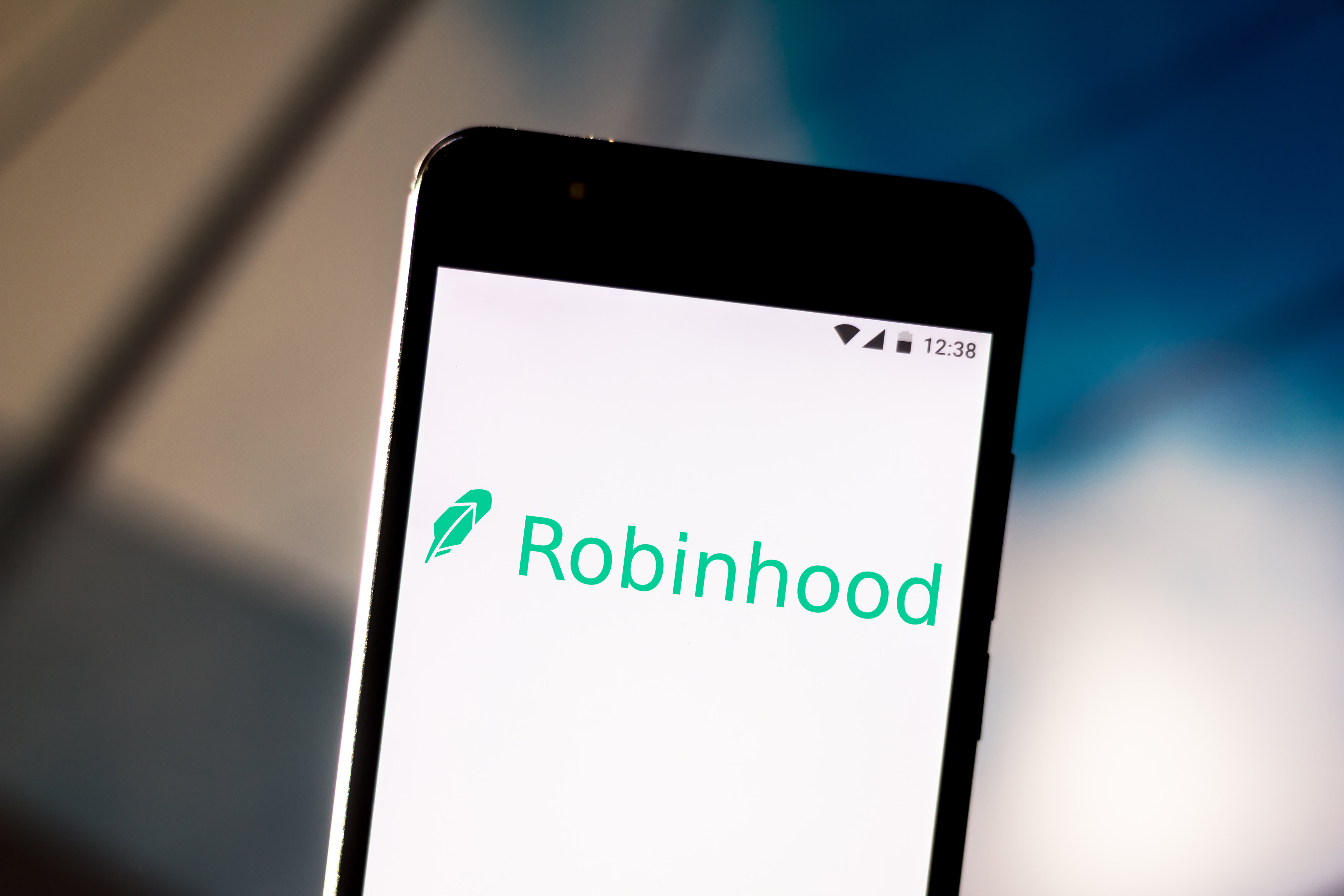
Stock-trading start-up Robinhood is facing legal fallout from its recent outage.
A Robinhood client based in Sarasota Florida, filed a federal lawsuit on behalf of himself and other traders Wednesday evening. Travis Taaffe alleges that Robinhood was negligent and breached its contract by failing to “provide a functioning platform,” leaving traders unable to move money while stock markets surged.
The start-up’s two-day outage began on Monday. Robinhood’s trading platform remained offline until Tuesday afternoon. In the meantime, the Dow saw its single-biggest point gain in history and the Federal Reserve delivered a surprise rate cut.
“It wasn’t a temporary outage — this was a massive failure of their system for an entire day,” Mike Taaffe, the plaintiff’s father and the attorney on the case, told CNBC in a phone interview. “There were a number of people who were damaged because it was one of the most active days in the market.”
Robinhood users took to social media to vent outrage over the technical issues. A Twitter account “Robinhood Class Action” gained more than 6,000 followers in recent days.
Clients were not able to “access their cash, securities and/or other property kept on the Robinhood platform, let alone use Robinhood’s services to buy, sell or trade securities,” the lawsuit reads. The punitive case claims the class members are entitled to more than $5 million in damages.
“This breach caused Plaintiff and class members to miss out on some of the highest single-day market gains in recorded history,” the lawsuit reads. The suit lists Robinhood’s 10 million users as potential members of the class.
Robinhood declined to comment.
Robinhood’s co-founders and co-CEOs published a blog post late Tuesday evening, blaming the outage on volatile market conditions, record trading volume and record account sign-ups — all of which caused “stress” on the company’s infrastructure.
The company does have an extensive user agreement that says it isn’t liable for extended interruptions due to failures “beyond” the company’s control. Robinhood does “not warrant that these channels will be available and error free every minute of the day,” according to the 44-page agreement.
But based on the founders’ response, the suit alleges that Robinbhood admitted “platform outages were due to its own failures and expressly waive any defense related to failures of the platform being out Robinhood’s control.” Robinhood had a duty to provide a system and platform “robust enough” to handle that trading volume and have a backup system to handle outages, according to the lawsuit.
“We hope to get discovery of documents and information showing the extent of the outage,” Taaffe said. “What had they done previously to prepare, and were there prior warnings?”



